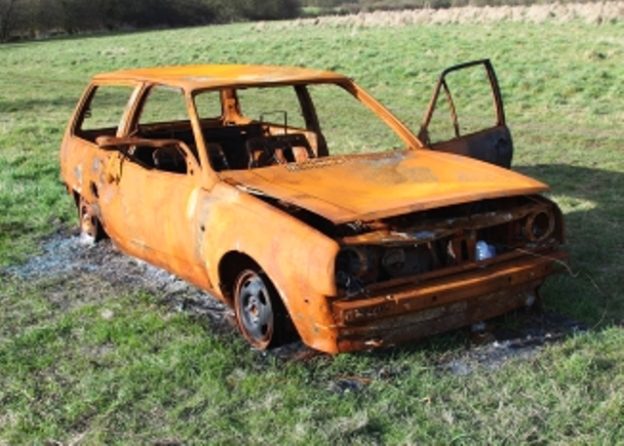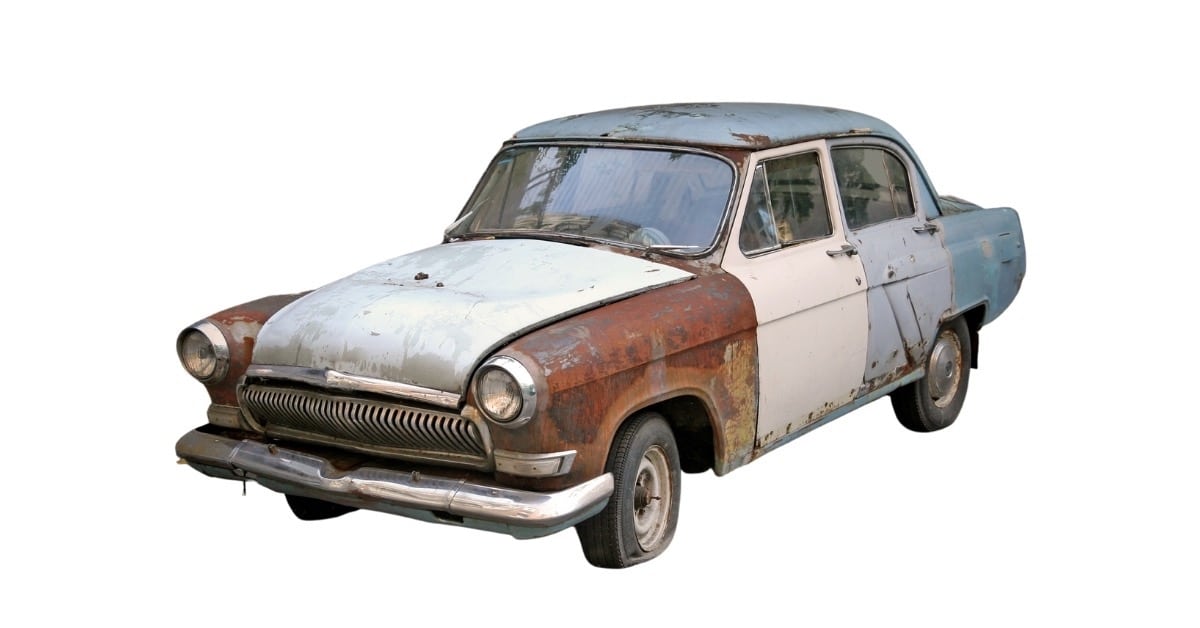The Environmental and economic Advantages of Reusing Junk Cars
Recycling scrap cars and trucks offers many financial and environmental advantages that prolong well beyond waste decrease. By reclaiming up to 90% of automobile components, this practice considerably reduces garbage dump burden while protecting necessary natural sources. Additionally, it reduces energy usage and greenhouse gas exhausts linked to raw material removal and manufacturing. The process additionally produces job opportunity across various markets, from dismantling to logistics, and supplies customers with cost-effective automobile components. These advantages emphasize the diverse worth of recycling scrap automobiles, yet there are better facets to think about when evaluating its complete effect.
Decreasing Landfill Waste
Decreasing land fill waste with the recycling of scrap automobiles plays an essential role in environmental preservation. When automobiles reach completion of their life process, effective reusing procedures can substantially reduce the volume of waste that finishes up in land fills. Scrap autos, if not effectively reused, add to the growing trouble of landfill overcapacity, exacerbating environmental degradation and possibly infecting dirt and groundwater with unsafe substances such as oil, gas, and heavy metals.

Moreover, the reusing procedure reduces the negative results of vehicle waste on biodiversity. Garbage dumps are well-known for disrupting neighborhood ecological communities, and decreasing the influx of junk cars and trucks aids maintain all-natural environments. Eventually, recycling scrap vehicles is a tactical technique that promotes lasting waste administration, aligning with broader ecological goals.
Conserving Natural Resources
Along with mitigating land fill overcapacity, recycling scrap automobiles plays a substantial duty in saving natural deposits. The auto sector is heavily dependent on numerous metals, plastics, and various other materials that call for substantial mining and handling. By recycling junk autos, we considerably lower the need for basic materials, consequently suppressing the environmental destruction connected with mining activities. For circumstances, reusing steel from old vehicles minimizes the necessity for iron ore removal, which consequently decreases power intake and greenhouse gas exhausts.
Furthermore, the process of recycling car elements such as lead, copper, and light weight aluminum is far less energy-intensive than generating these materials from virgin sources. This power financial savings equates straight right into decreased fossil fuel usage and reduced carbon impacts (sell my junk car denver). Additionally, by redeeming and repurposing products, we expand the lifecycle of non-renewable resources, guaranteeing they remain available for future use
Furthermore, recycling auto liquids like antifreeze, oil, and transmission fluid stops unsafe substances from contaminating soil and water resources. Via systematic recycling efforts, these liquids can be detoxified and reused, promoting a circular economy and further decreasing the pressure on natural sources. Therefore, recycling junk vehicles uses a complex approach to saving our world's very useful natural properties.
Developing Work Opportunities
The recycling of junk autos not just profits the environment yet additionally boosts economic development by my link producing work opportunities. This growing industry offers a large range of employment prospects, ranging from the preliminary collection and transportation of old cars to the elaborate processes of taking apart, sorting, and repurposing the different components.

The expansion of reusing plants additionally enhances the job market, demanding roles such as designers, equipment drivers, and quality control professionals to make sure and manage the sophisticated machinery compliance with environmental policies. Also management settings, such as sales, advertising, and client solution, see a surge as the market broadens.
Decreasing Manufacturing Prices
By including recycled products from junk cars and trucks, producers can dramatically reduce production costs. The energy required to refine recycled products is considerably much less than that required to create brand-new products from scratch.
Furthermore, the recycling procedure assists improve the supply chain by supplying a consistent increase of products that are easily offered and usually less costly than recently mined sources. These cost efficiencies are particularly important in a highly affordable industry like vehicle production, where margins can be razor-thin. Furthermore, the recycling of scrap automobiles helps minimize the volatile prices of raw products, making it possible for producers to much better projection and regulate their manufacturing budget plans.
Supplying Budget-friendly Automobile Parts
When junk cars are recycled, the accessibility of budget friendly automobile parts considerably increases, profiting both consumers and service center. Recycled car parts are commonly offered at a fraction of the cost of new components, providing an affordable alternative for car proprietors and mechanics. This cost can be critical for individuals that may not have the economic methods to acquire new parts, enabling them to keep their lorries in functional and safe problem.
Service centers additionally acquire from this raised availability of budget friendly components. By sourcing recycled elements, these businesses can reduce their operational expenses, which can be handed down to consumers through reduced service fee. This, in turn, visit their website can result in higher client fulfillment and loyalty, as customers value the cost financial savings without endangering on high quality.
In addition, the quality of recycled parts has boosted significantly for many years, many thanks to innovations in reusing procedures and high quality control procedures. Several recycled parts undergo strenuous screening to ensure they fulfill industry criteria, using reliability equivalent to repairs - Fort collins we buy click to read junk cars. By giving a economically viable and high-quality alternative, the recycling of scrap cars and trucks plays a crucial role in supporting both the automotive fixing market and the wider customer market
Conclusion
Reusing scrap cars and trucks provides considerable financial and environmental advantages by considerably minimizing land fill waste and preserving natural resources. Generally, the recycling of junk cars supports both financial growth and sustainability objectives.
Reusing junk cars presents many economic and environmental advantages that prolong well past waste reduction. Junk cars and trucks, if not effectively reused, contribute to the growing problem of land fill overcapacity, aggravating environmental destruction and possibly contaminating soil and groundwater with harmful materials such as oil, gas, and hefty steels.
By reusing scrap vehicles, we substantially decrease the need for raw products, thus suppressing the ecological degradation associated with mining activities.When junk automobiles are reused, the availability of inexpensive auto components substantially enhances, benefiting both consumers and fixing stores.Recycling scrap cars and trucks presents substantial financial and ecological advantages by considerably lowering land fill waste and conserving natural sources.